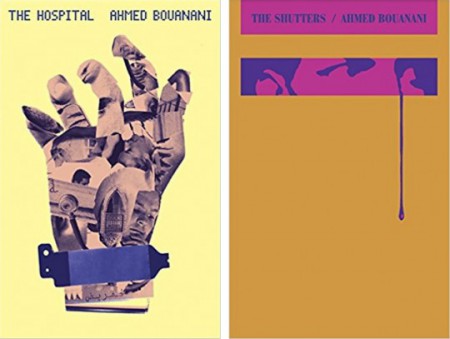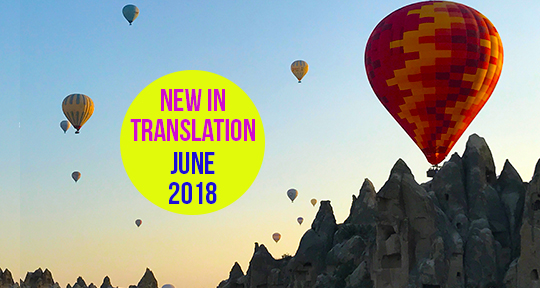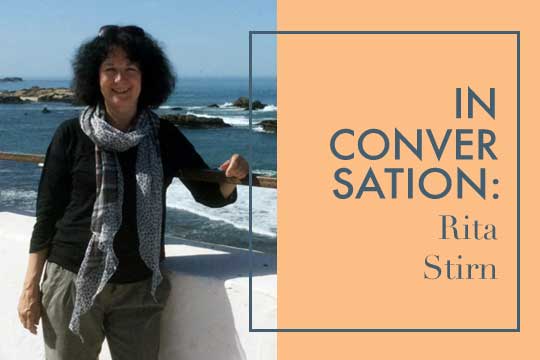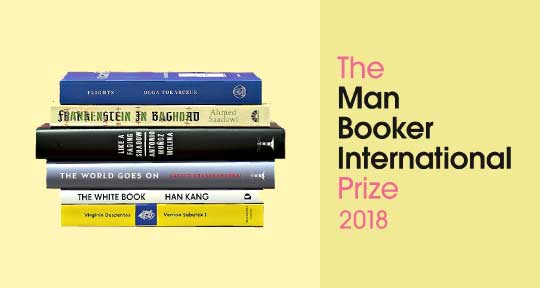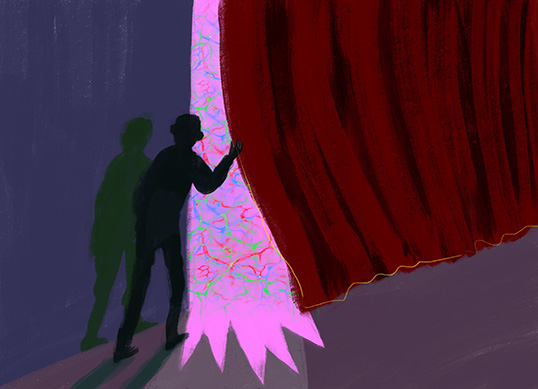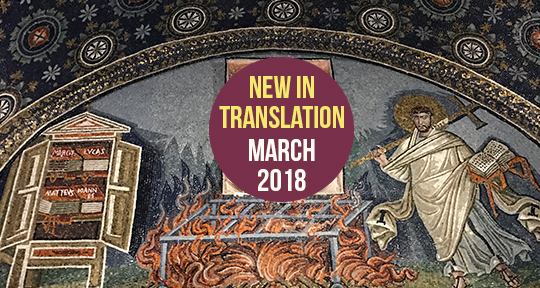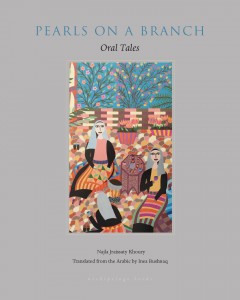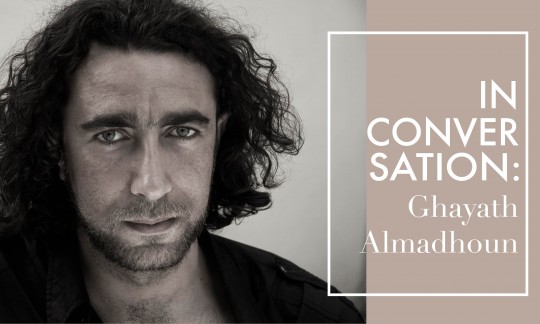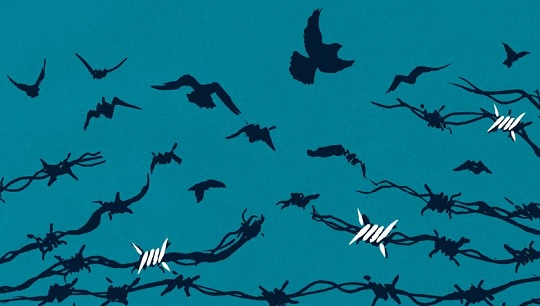Describing Ghayath Almadhoun’s poetry in Adrenalin is anything but easy. The blurbs on the book call the collection ‘crucial political poetry’, ‘urgent and necessary’, ‘passionate and acerbic’, and ‘our wake-up call’, although we find out that Almadhoun’s own views on his poetry are slightly different. Written in the wake of the Syrian war, the refugee crisis, and a personal loss of his homeland, the poems in Adrenaline are formally experimentally and emotionally explosive. In a voice that is, in equal measure, full of wonder and irreverence for the turn the world has taken, Adrenalin dwells on war, empathy, displacement, suffering, love, and hatred unapologetically. Translated from the Arabic by Catherine Cobham, and released by Action Books last November, this is the poet’s first selection of poems to be published in English.
The collection starts with the poem ‘Massacre’ (which can be read at our Guardian Translation Tuesday showcase), with the unforgettable lines: “Massacre is a dead metaphor that is eating my friends, eating them without salt. They were poets and have become Reporters With Borders; they were already tired and now they’re even more tired.”
Born in Damascus, the Palestinian poet Almadhoun has been living in Stockholm since 2008. The following interview was conducted over email and has been edited and condensed for clarity.
Sohini Basak (SB): As a point of departure, could you tell us which writers you have been reading these days? And are you working on something new?
Ghayath Almadhoun (GB): I am now re-reading Tarafah ibn al-Abd. He was so young when he died, in the sixth century (around twenty-six years old). He is a great poet and could be described as pre-postmodern as he was ahead of his times. I’m also reading Closely Watched Trains by Bohumil Hrabal.
About my work, I have begun a new project—my fifth poetry book. I find myself in front of the question that I faced when I started writing more than twenty years ago: will I survive this time? Will I be able to write something new? And, like always, I punch the world in the face and continue writing.
READ MORE…
